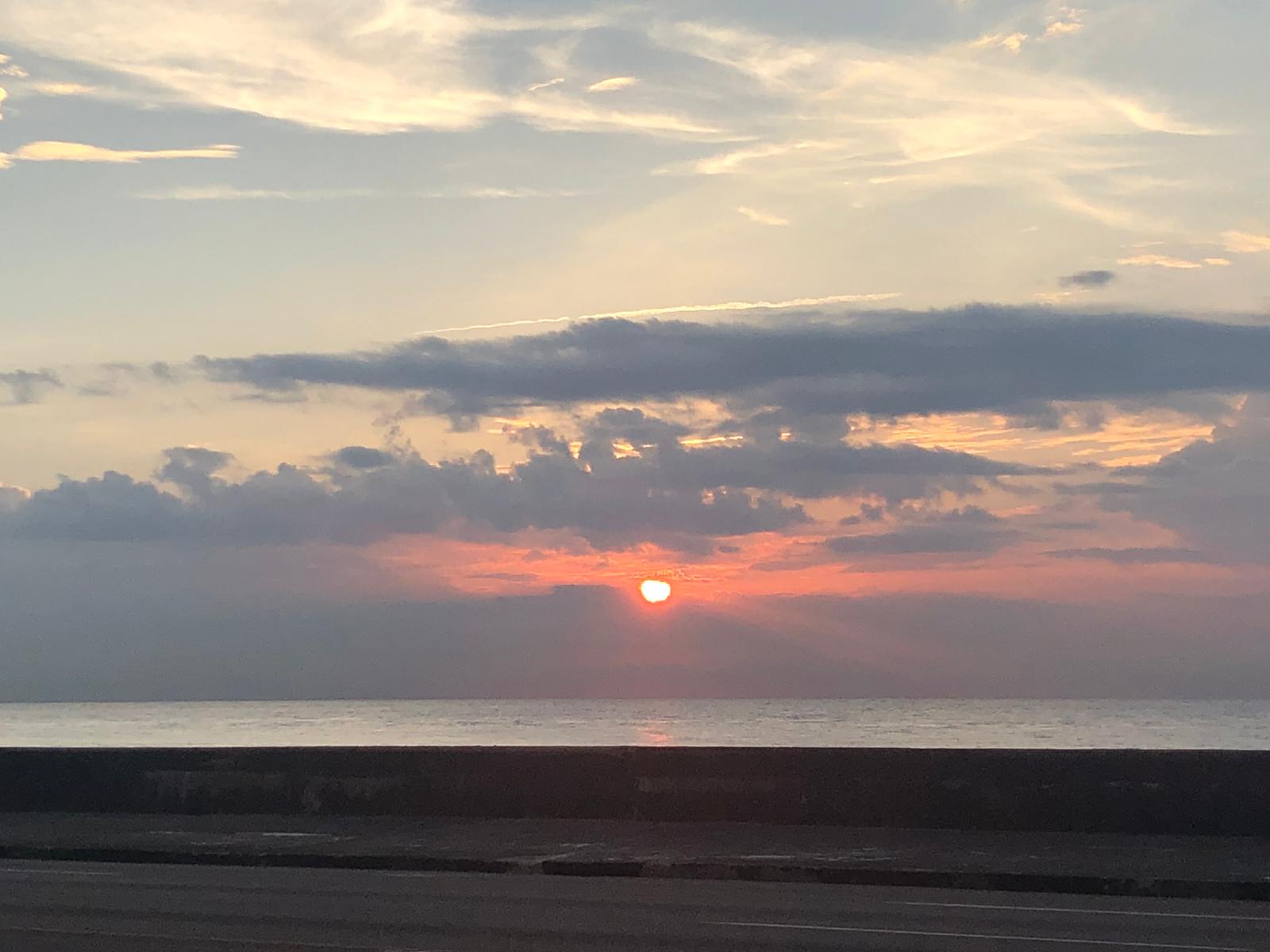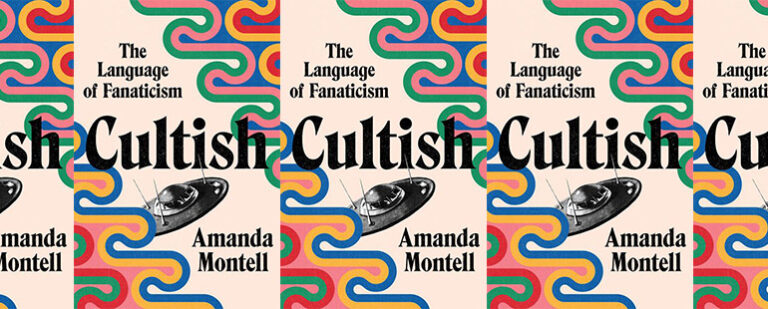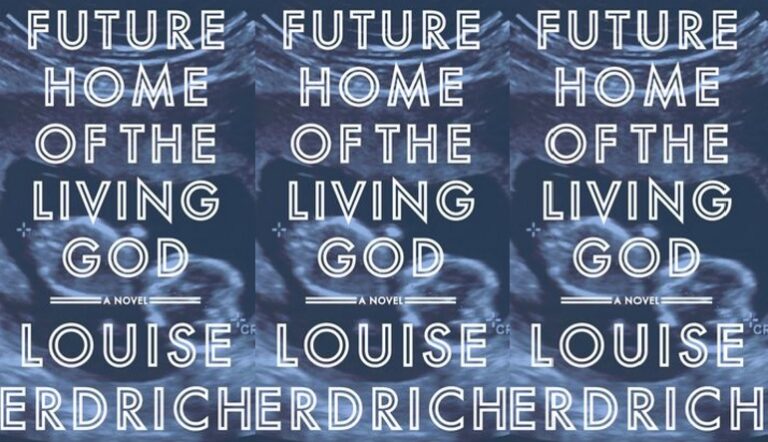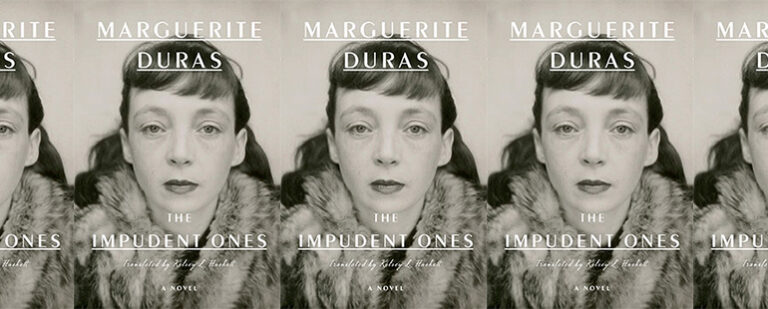Distance and Home

Early on, I knew I had to write every day. Not solely as a career or passion, but as self-preservation. Writing, to me, was home. I grew up in a family of Cuban exiles, mis abuelos on both sides, Pops too. Every Sunday, they told stories about Cuba, a place I couldn’t touch or hear or smell, but that I could, at least in my mind, see. At that time, there was a physical distance I could do nothing about. I remade my family’s home in my mind off their stories.
By writing, I found myself turning those thoughts and feelings and lost homes into something a little more real for me. I constructed a home, whether it was stories of me and my peoples when we all lived on the same block, in the same hood, in Miami, or whether it was homes for the pains of my father and mis abuelos having been exiled from Cuba. Writing forced me to look closer at these homes, to erase the distance between us. As Jennine Capó Crucet wrote in her novel, Make Your Home Among Strangers, “It’s easy to stand on the fringes and mistake your distance for authority.”
In the novel, we follow Lizet, who left Miami, her family, her home to go to a prestigious northeastern university. She comes back to Miami for the first time on the day that “Ariel” (whose story mimics that of Elian Gonzalez) is found off the shore in Miami, his mother having fallen off the balsa and died. Distant relatives in Miami, and the father and los abuelos in Cuba, fight for custody of Ariel. Lizet’s Mami heads to the forefront of the protests over the case, saying the United States government should honor Ariel’s mother’s dying wish and let her son stay in Miami. Lizet watches as opposite sides of Ariel’s family pull at him, as the United States and Cuba pull at him, all these people strangely acting out to make a home for him as Lizet struggles to make a home for herself, too.
In the novel, Lizet describes her desire to leave her home, saying that when she applied for college she “wanted not just to get into one of those colleges but to go—like immediately. I wanted to be gone already. It was a relief to think maybe I’d given myself a chance, and with that came a new feeling: guilt.” For Lizet, the guilt came from the thought of leaving her family behind, only for her father to sell the house, for her mother to have to scramble, for her only sister to be a single mother. Home was dissipating behind her, which made it hard to concentrate on the road, on the home, ahead. It is hard to “American Dream” when the ground beneath you is unstable. No one runs as fast or as far when they constantly have to look back.
In the capitalistic world that we live in, part of the goal is ascending to a new “level,” to a new “class,” to making something “better” your home. The American Dream is not often pictured as a community that raised you, rising up with you. It is often viewed as a house, as a fence, as a barrier to the bads of the world. But what is a home without your peoples?
By leaving Miami, I wasn’t living the American Dream, but I let the wounds breathe—my own personal wounds in Miami, as well as the wounds of my father, of mis abuelos, of my peoples. I was constructing a home by letting the wounds scab and then scar. I could trace my fingers over my home and see and feel that pain.
I had been living in New Orleans for nearly two years the first time I left the second city I ever lived in. Before leaving, I wrote and performed a set of poetry for the first time in my life. The poems were all about my father’s Pedro Pan experience, Pedro Pan referring to the kid exiles from Cuba who were sent off the island alone in the early ’60s. I had talked to Pops about things we had never really talked about, like that distance from home, from the pain he felt, making it easier to ask the questions, though making it harder to sit with the answers and not hold my old man. I was staying in a giant empty house a friend had rented out with no furniture, the place to myself, and wanted to reach out and touch him as we both muffled tears into our chests and away from our phones.
For one of the poems, I wrote “Que eso no tiene importancia” as the refrain. This has no importance. A phrase Pompilio, Pops’s old man, taught him, and that Pops taught me. A mantra we repeated in order to make a home for ourselves, at least in our mind. I jumped off makeshift stages and patrolled up and down different dive bars in New Orleans, reading and performing and feeling this poem, echoing the phrase we’ve echoed so many times before, and wondering if Pops could hear me, if I was building a home with something he gave me.
Lizet confronts her roommate, saying she sees “Che posters in their rooms . . . people talking about the excellent healthcare system in Cuba and just not believing me when I explained how my mom sent a monthly package that included antibiotics, Advil, soap, Band-Aids, and tampons to my aunts still over there.” I read this and think of conversations I’ve had with my friends, being someone who proudly views myself as a leftist, as someone who fights for basic human rights for my brothers and sisters, but hurt by how some on the left talk about Castro or Chavez. I think of how they use their distance from the trauma they caused to whitewash the horrors they spread. Their distance, their authority. Once again, Cubans are erased from their own story. An erasure from their own homes. I write and wonder how many on the left stand in solidarity with the Black Lives Matter movement in Cuba, the ones who get arrested for protesting their government’s police killings. Or the San Isidro Movement, which is the “group of artists, academics, and alternative thinkers” in Cuba, whose members keep getting arrested and threatened with worse.
Lizet struggles when one of her friends reminds her that she’s never been to Cuba. The friend uses the distance between Lizet and the island against her, even after she had accused Lizet of being too close emotionally to it to argue objectively about its politics. I’ve been to Cuba, and I still have people on the left use my foreignness to the home my family was exiled from against me. How they claim I’m both too close but too foreign to truly speak on the matter, even when they can’t speak Spanish or talk to Cubans on the island, being “truthtellers” that can only parrot what is translated for them.
Lizet and her father argue about the protests over Ariel. When Lizet says that she’s Cuban, her father “corrects” her, saying “You’re not Cuban.” This is so hurtful to Lizet. She’s been called Cuban and treated like the other whenever she’s not in Miami, yet when she returns, even her own father disowns her. One of the first things I wrote when I left Miami was a poem named after my hometown; it has a line about mi abuelo that says, “You remember how he calls you ‘Just American’ / as if he is in charge of labeling for this country.” That poem talks about one of the instances a cop stopped me (or in this case, threw me against a fence while walking home after school), for my general being. I remember, I write, how cops once stopped and held me for an hour for smoking a cigarette at a park at night, how cops once held me for another hour for running and checking out a car accident in front of my house, how the cops that drove into my neighborhood stopped me, even though I had lived there all my life, how they wouldn’t let me go to my house to grab my ID until my father came out to check on me, despite the fact that they had to drive to work in this neighborhood that I had lived in all my life. I think of how if I get stopped for existing in Miami, I’m not sure where a Cuban-American is supposed to call home.
Once I left Miami, I went from one of the least Cuban-feeling people to one of the most Cuban-feeling people I knew. I kept hearing how Cuban I was in bars with new friends, on dates with new people. Years later when I got kicked out of a Donald Trump rally, during the 2016 primary campaign, I was told to “learn English,” to “go back to my own country.” I think now of how much that mimicked mis abuelos coming to Miami and seeing “No Dogs No Cubans” signs. How that pain and lack of home echoes. I write and hurt thinking about how many Cubans still drink and still hurt about the signs but don’t believe how north of Miami, my experience still echoes theirs. Can’t we still appreciate the home they built for us while also acknowledging the pains that still haunt us? I think of the number 55, which is the estimate of the percent of Cubans who apparently voted for Trump in this election. That number hurts. I think of how many Cubans waxed poetic on their struggles, not believing mine. Erasure from both sides. This time from my own. Where is my home?
I read about Joe Biden appearing in Florida while campaigning, playing “Despacito,” and about how the Democratic party talked about our identity. I don’t read about the Democratic party talking about the Affordable Care Act, which South Florida, and Cuban-Americans, lead in enrollees per capita. It’s not the “Despacito” that bothers me, but the fact that the attempt to win over the Miami vote didn’t have much more substance than that. Miami didn’t need another gringo blasting that song three years too late and talking about Cu-ba-nos with the syllables all awkwardly spaced out. Many of us have gotten paid to hear that every day on Collins Avenue.
In Make Your Home Among Strangers, Lizet’s mom breaks down, saying, “We shouldn’t have to be fighting for this.” I read this and think of my time in Miami, and my time away from Miami, and how neither identity really feels fully fleshed out, and with it, neither home. I think of talking to one of my boys back home the week following this year’s election, as we were doing one of our post-mortems on Florida, on Miami. He said our brothers and sisters “just want to feel American.” I think of how hard that is for so many of us, to feel American, even when we were born here, when we’re constantly reminded by all sides that our hyphen doesn’t touch the word “American.” I think of how our (soon to be former) Representative Debbie Mucarsel-Powell, said that the Democratic party “thinks racial identity is how we vote.” How that erasure of our humanness beyond the checked box erases any feeling of home we have. How that creates a world where we don’t feel at home, anywhere—the place we’re exiled from or the place we were exiled to.
Near the end of the novel, Lizet “left [her old Miami] house and eventually that city, kept leaving, year after year, until where I was from became, each time, the last place I left, until home meant an address, until home meant only as much as my memory of that morning would betray.” I haven’t lived in Miami for over ten years. I’m writing about Miami nearly every day, but not living back home. I wonder if my distance from home is slowly becoming an authority over me.
The book ends where so much recent history of Florida politics begins: with a not-counted absentee ballot in the 2000 Florida election. Lizet is still not about to make a home of Miami, the United States, or Cuba, and still powerless to stake that claim. She is fighting both sides, the American side and the Cuban side, forced to occupy the hyphen, existing on a bridge that touches neither. I remember someone dear to me texting me in the days after the election about how we have to go back home and run for office. I told her that despite her being born in Cuba, I think she’d be better off, citing some of my history in Miami, how my campaign ended before it ever truly began. I know that living away from my Miami home has been good for me, as I get closer and closer to achieving the goals I’ve set for myself as a writer. As I write and get healthier facing the traumas Miami encases for me and my family. But I also wonder if I’m betraying my family, my peoples, in staying away from home. If I’m losing the best chance of a home I’ve got. I think of being back in that New Orleans bar, surrounded by new friends and fam, many who know me, but not my soil. I think of jumping off that stage, pacing between the people, screaming “Que eso no tiene importancia” while pounding my chest. I think of how distance has let that pounding, that chanting, echo even further. I think of how distance has helped me write my pains and my traumas, and I think of how distance has kept me from home. I wonder if in those moments, performing my past in my present, I’m making a home for myself in New Orleans, in where I am, or if I’m just waiting for a path back home, to Miami, to Cuba, to wherever I’m supposed to be, when it makes itself clear to me.


